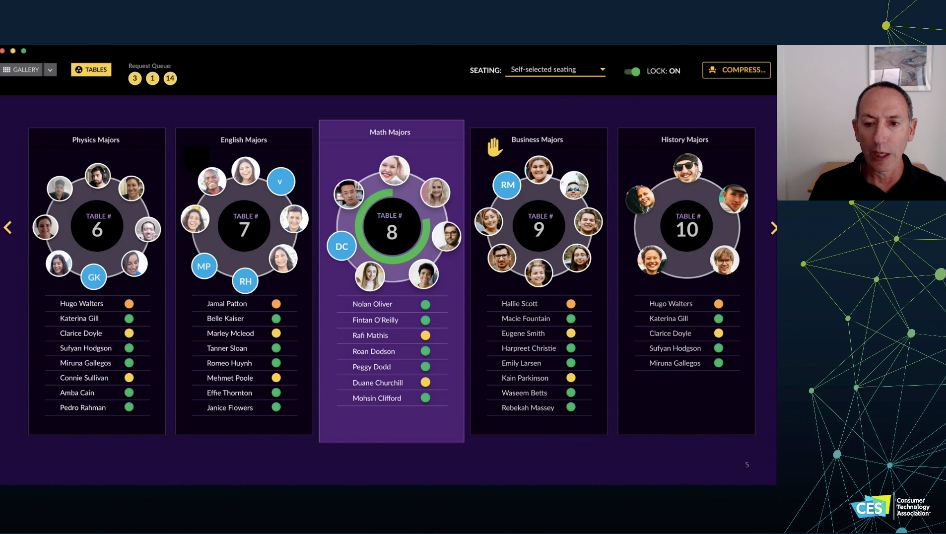How Virtual Learning Is Being Reinvigorated Through Tech, From CES 2021
January 19, 2021—Technology is adapting to accelerate students’ potential to learn from home, as teachers and students have been obligated to adapt to virtual learning due to the global coronavirus pandemic, according to panelists who contributed to events airing that were part of the Consumer Techn

January 19, 2021—Technology is adapting to accelerate students’ potential to learn from home, as teachers and students have been obligated to adapt to virtual learning due to the global coronavirus pandemic, according to panelists who contributed to events airing that were part of the Consumer Technology Association’s annual Consumer Electronics Show on January 12.
Robin Raskin, founder of Solving for Tech, said that adopting new technologies when many were forced to adapt to online learning was crucial for coming together in new virtual environments and education spaces.
Raskin detailed how virtual reality has accelerated the capabilities associated with virtual learning. Students were excited to get new devices that are not just traditional screens, said Raskin.
Startups have adapted to new circumstances and created systems with multiple times for entry point of information, said Caitlin Gutekunst, of marketing and development at Creating, Inc.
The pandemic was a wake-up call on how technology needs to be developed for the future of virtual learning, said Sharan Chandradath, managing director of strategy and partnerships of the Minerva Project. There is no question that this is the new normal, she added.

For example, the video screens that students and teachers have been utilizing this past year were not created for teaching and learning, but instead developed for conferencing in business settings. Yet, many institutions continue to utilize them.
As a result, many new businesses to facilitate teaching and learning over technology were created, such as Engageli, a business founded by CEO Dan Avida, whose success comes from understanding the stumbling blocks that have existed amongst online live classes, that lowered the engagement levels and productivity of students. Engageli crafted a software application focused on how professors can deliver their teachings in a way students will be fully attentive, said Avida.

Engageli has as its exclusive features, classrooms with tables that teachers can navigate and interconnect with students in a lively and interactive manner. Things that purposefully were left out during the platforms are gaze tracking and features that record students. After research and data analysis, these were identified as invasive for students, not protecting their privacy.
Experts spoke on the challenges associated with virtual learning in higher education
Panelists discussed the likelihood of universities engaging in hybrid learning, with many saying, when it comes to high-level education, much of the value that comes with being in the classroom is lost with virtual learning.
According to the contributors, a significant majority of instructors’ sequence, layout, duration, and learning relies on social engagement and it requires student contribution which is often muffled in online spaces. Capturing the student’s imagination, and addressing engagement to a higher degree is crucial for hybrid teaching success, they said.








Member discussion